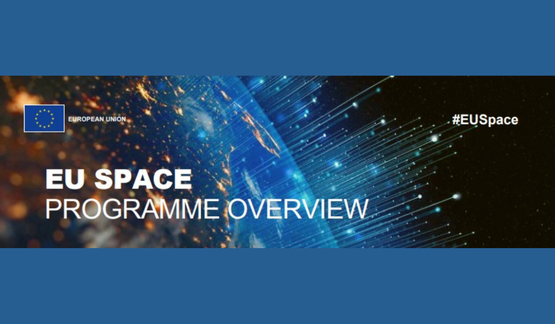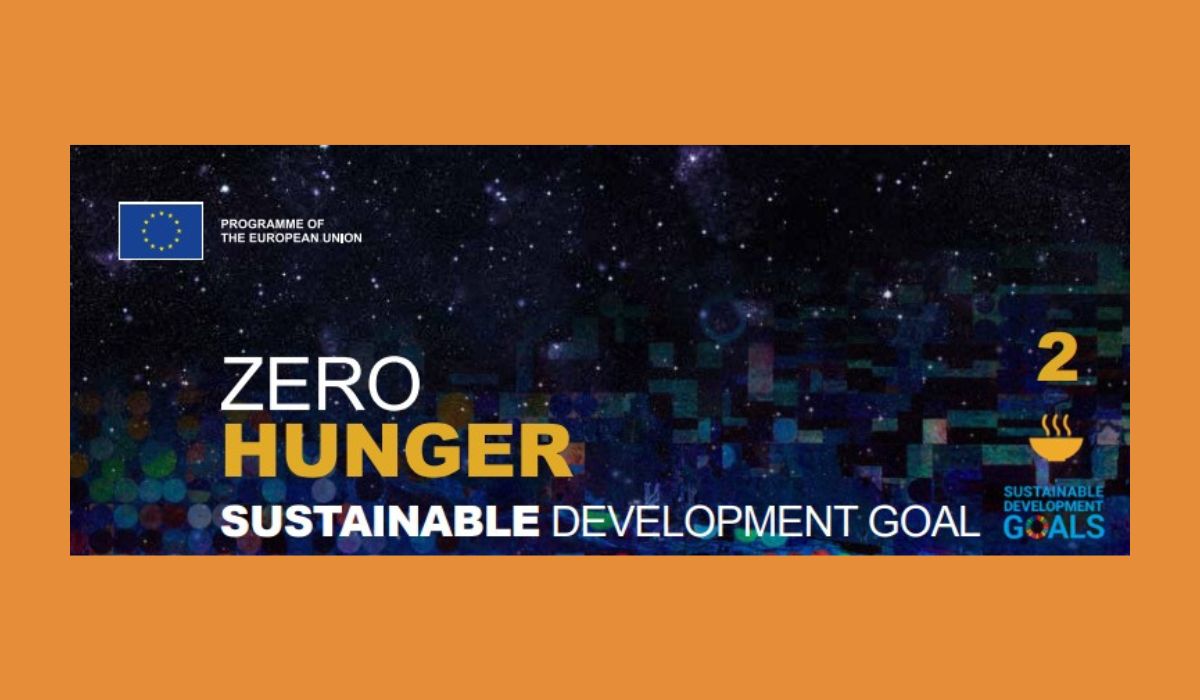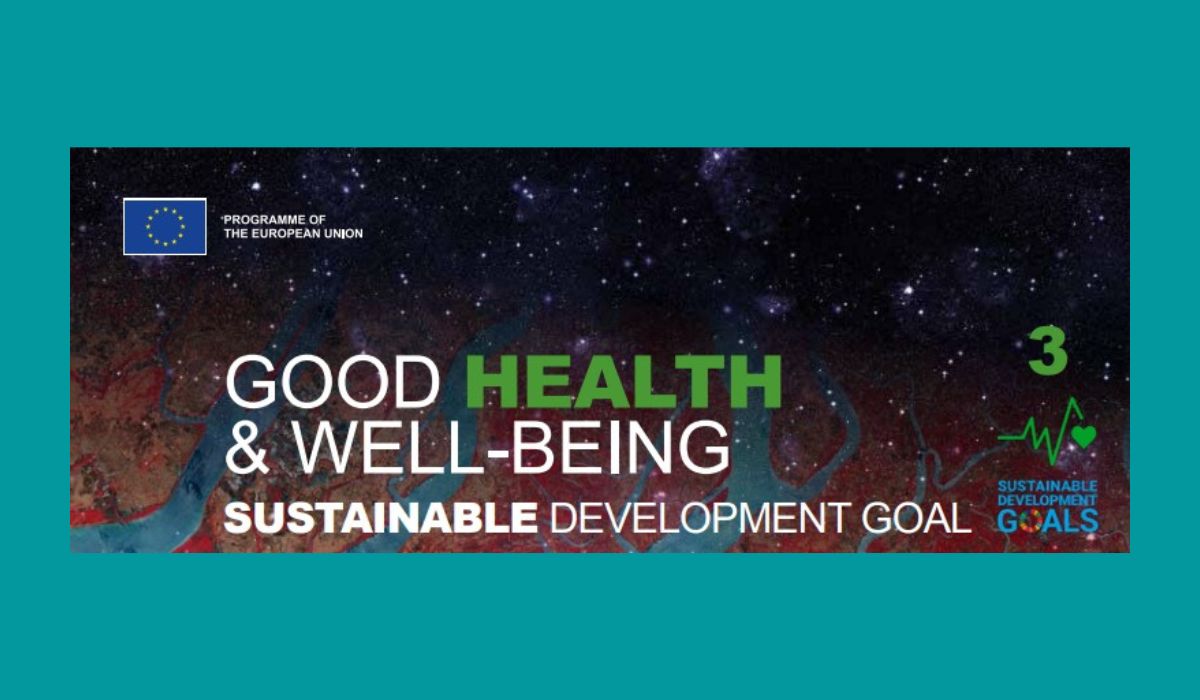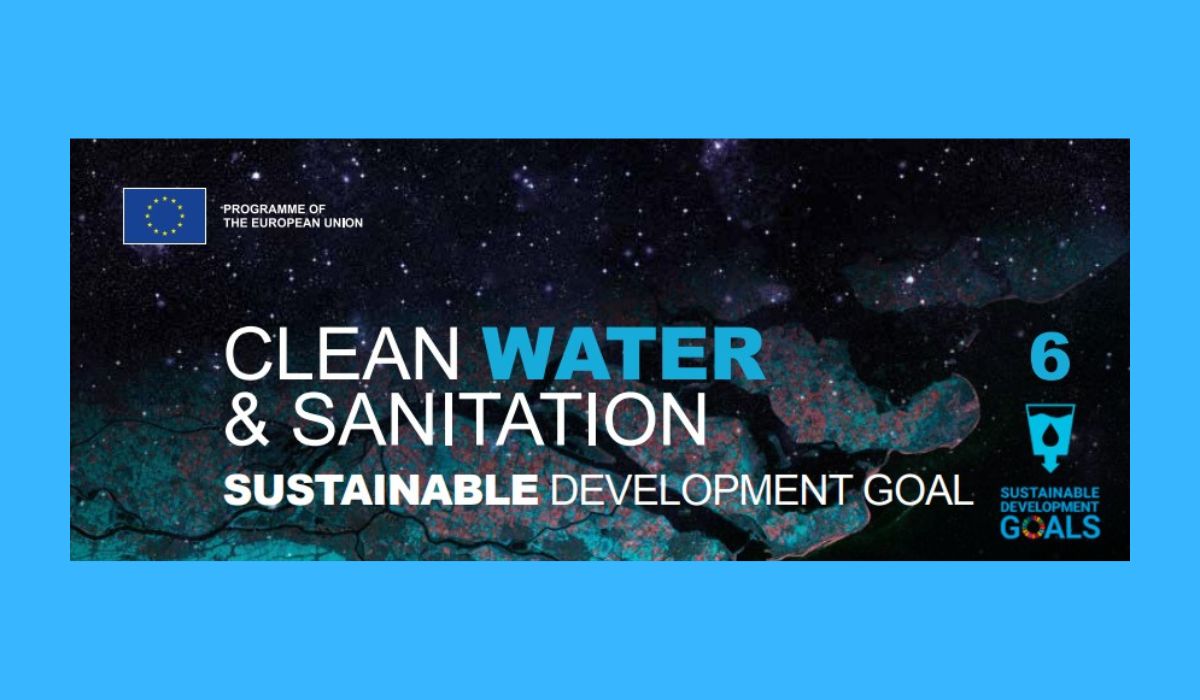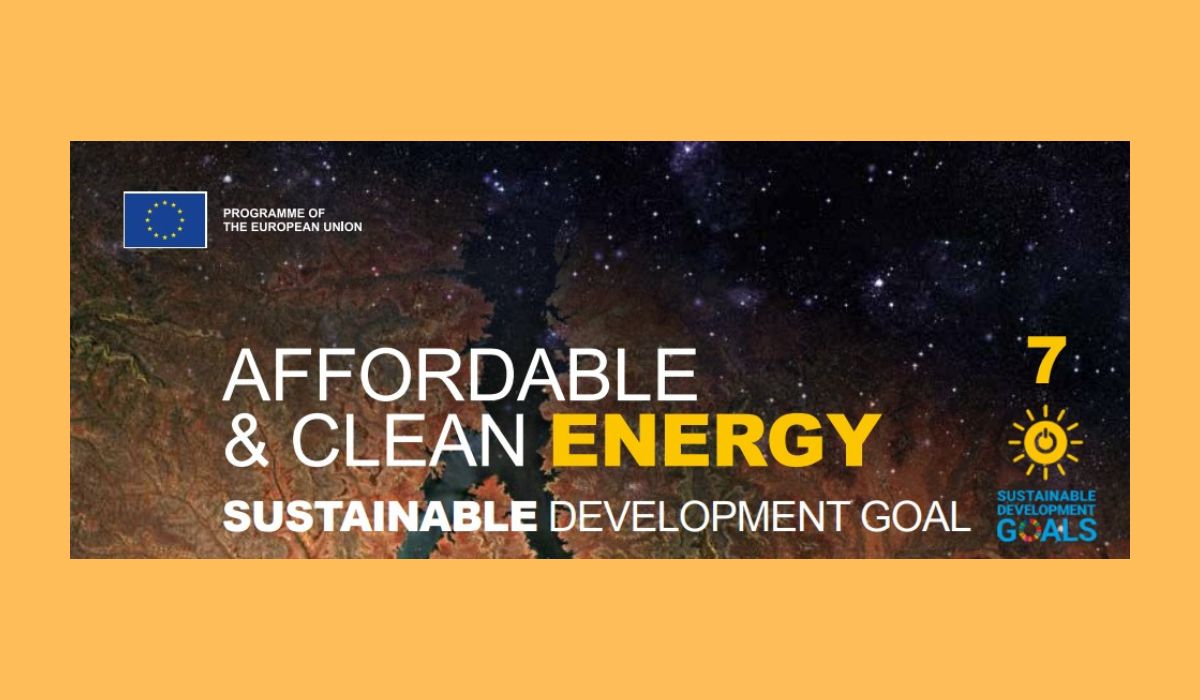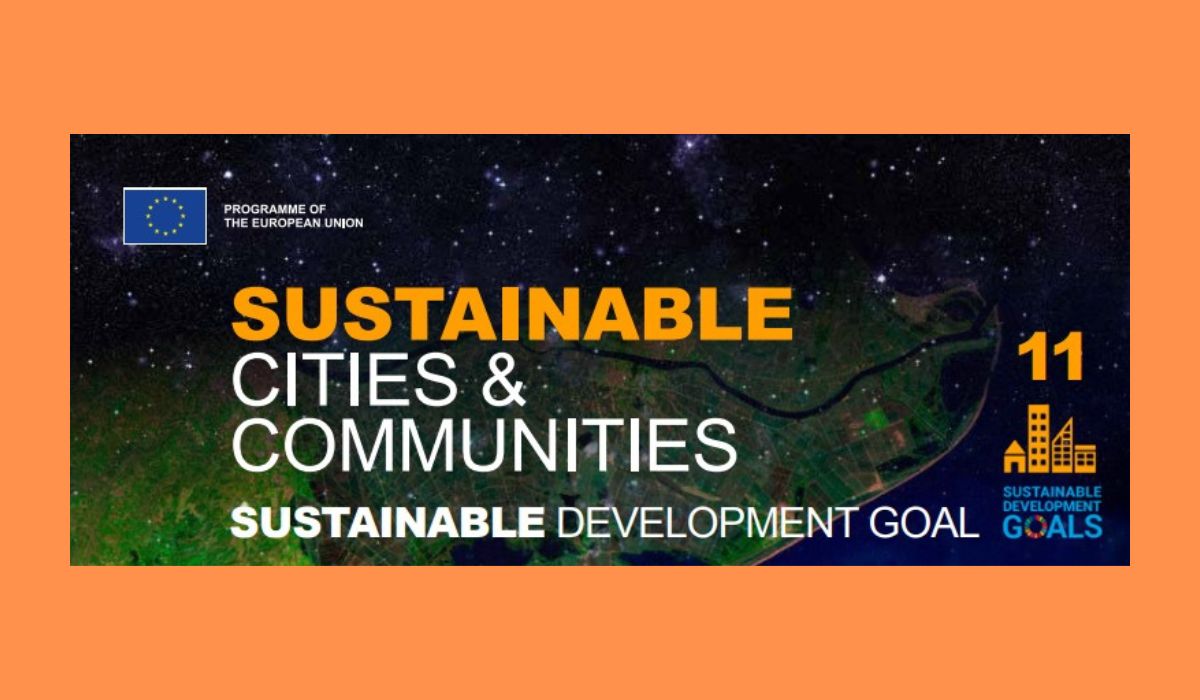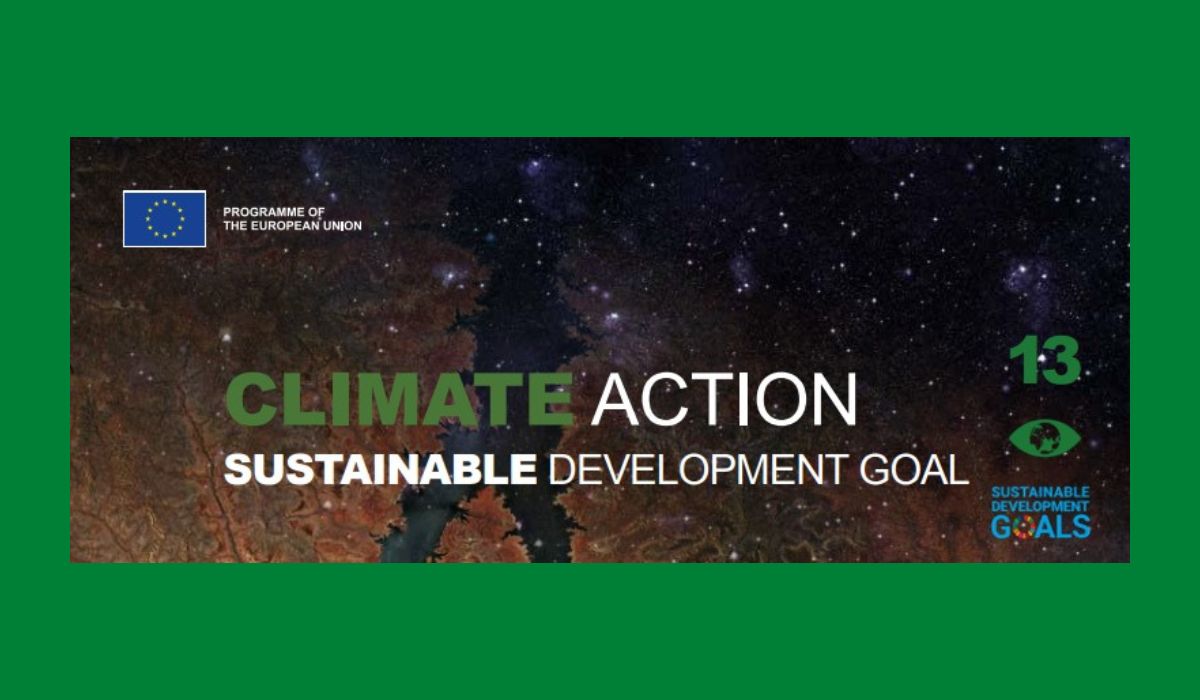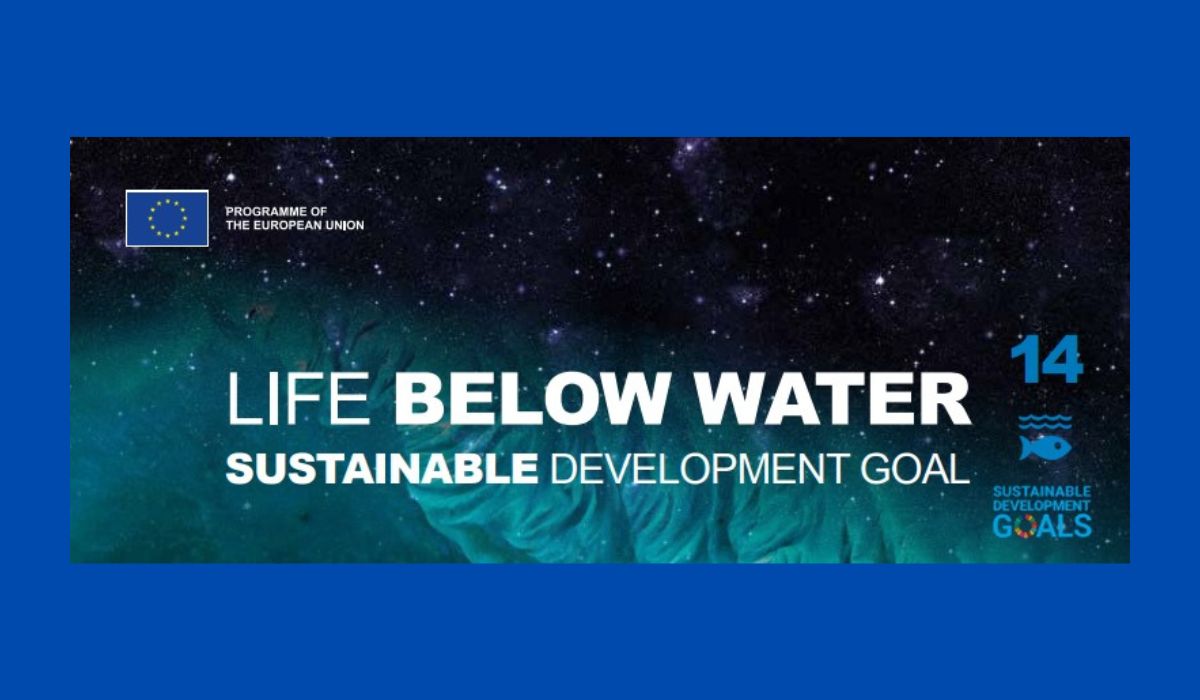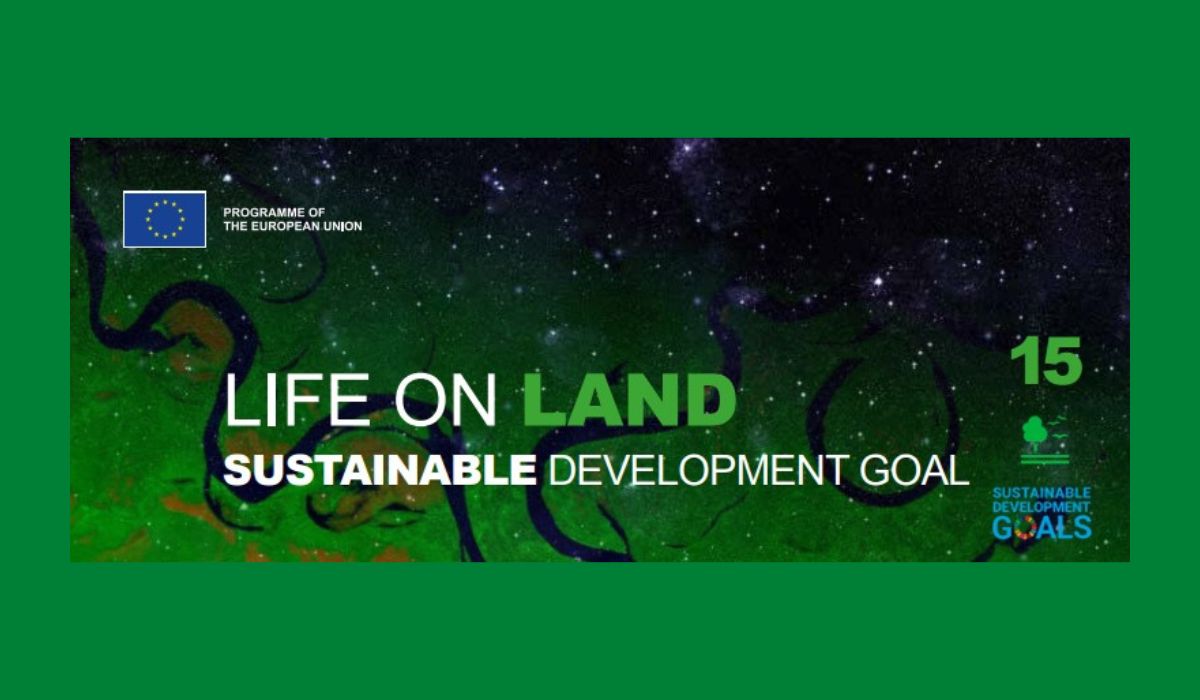|
Brussels, |
|
European Space Programme
EU space policy aims to tackle some of the most pressing challenges today, such as fighting climate change, helping to stimulate technological innovation, and providing socio-economic benefits to citizens. Space technology, data and services have become indispensable in the lives of Europeans. We rely on them when using mobile phones and car navigation systems, watching satellite TV, and withdrawing money. Satellites also provide immediate information when disasters, such as earthquakes, forest fires or floods strike, enabling better coordination between emergency and rescue teams.
2021-2027 Budget: €14.88 billion
(plus €15.35 billion within Horizon Europe for research activities on Space)
2021-2027 Budget: €14.88 billion
(plus €15.35 billion within Horizon Europe for research activities on Space)
Objectives
- Agriculture - Increase efficiency in agriculture satellite-enabled applications improve the mapping of cropland in need of irrigation and harvest forecasts
- Fisheries - Increase fishing efficiency: Satellite-enabled applications improve fisheries control
- Regions & Cities - Help regions access knowledge and information: satellites support communication when Earth-based solutions are limited
- Improve crisis response: satellite services help shorten response times in emergencies;
- Climate - Protect the environment and help tackle climate change
- Increase security: satellite positioning, satellite communications and Earth observation;
- Health - Improve citizens’ health through remote medical support
- Optimise transport: fleet management, vessel traceability, collision prevention, speed control, assistance for ship manoeuvres
Programme keys
- Earth Observation
- Satellite Navigation
- Connectivity
- Space Research and Innovation
- supports investments in critical infrastructure and disruptive technologies
While striving to strengthen existing European space assets and services, it also target start-ups and SMEs, which develop innovative solutions based on space technologies, data and services. The EU Space Programme supports the European space industry and promotes the emergence of a European ‘New Space’ eco-system fostering entrepreneurship, innovation and new funding opportunities.
The following flagship components deliver European space-based services on a daily basis:
- COPERNICUS is the European Earth Observation (EO) system. It supports the management of the environment, helps to mitigate the effects of climate change and ensures safety and civil security across Europe. Copernicus is the first world provider of ‘big’ space data.
- GALILEO is a global satellite navigation and positioning system (GNSS) on which numerous EU economic sectors rely, from transport and agriculture to border management and search and rescue. Its 20cm accuracy makes Galileo a game changer for autonomous driving and commercial drones. Already more than 2.5 billion smartphones are Galileo-enabled.
- EGNOS is the European Geostationary Navigation Overlay Service: a reliable navigation signal improving the navigation services to aviation, maritime and land-based users over 30+ countries, and already operational in 426 airports and helipads.
In February 2022, the European Commission proposed two new flagship initiatives to boost satellite-based secure connectivity and Space Traffic Management:
- EU space-based secure connectivity system will ensure worldwide access to secure and cost-effective satellite communications services, for governmental communications and commercial use. It aims to protect critical infrastructures, support surveillance and crisis management, as well as enable high-speed broadband everywhere in Europe to best anticipate future challenges of our economy.
- Space Traffic Management: The exponential applications of space services involve more and more satellites, thus more traffic in space. As the congestion of satellites and debris threaten the viability of space infrastructure, the European Commission and the High Representative of the Union for Foreign Affairs and Security Policy have presented an EU approach on Space Traffic Management (STM). This would further strengthen the Union’s space surveillance and tracking capabilities (already providing collision avoidance services to more than 260 European spacecraft), and set clear standards and regulation for a safe, sustainable and secure use of space.
The Space Programme
The EU Space Programme is implemented in close cooperation with the EU Member States, the European Union Agency for the Space Programme (EUSPA), the European Space Agency (ESA), EUMETSAT and many other stakeholders. Ensuring effective and efficient cooperation and coordination between these actors is essential to optimise the impact of European policies and investment in space. The Programme's main targets are decision-makers, public authorities, EU commercial and private users and others, such as researchers and nongovernmental organisations. Ultimately, the programme serves the needs of EU citizens. The information gathered by the EU-owned satellites and the services which they provide are a public good, freely accessible to all.
Predecessor programmes
Egnos & Galileo, Copernicus
Egnos & Galileo, Copernicus

